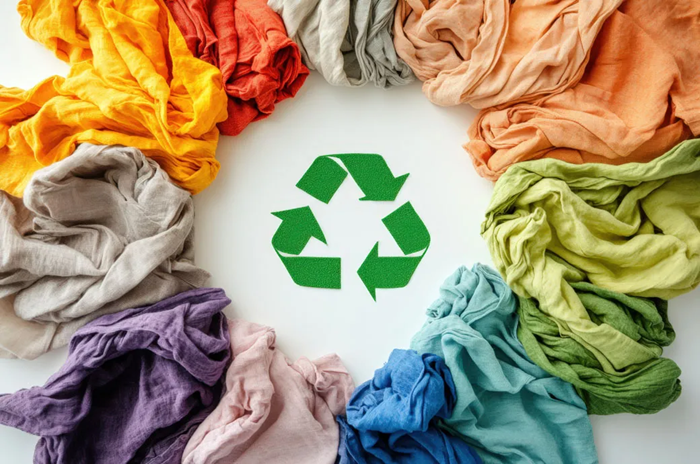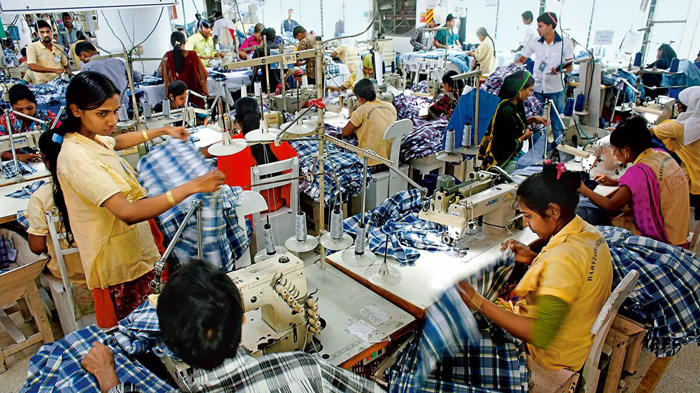OEKO-TEX has announced updated testing criteria, limit values, and guidelines for its certifications, effective 1st April 2025. The revisions, based on scientific research and legal developments, aim to bolster trust and transparency across the textile and leather industries.
Key updates include the introduction of OEKO-TEX Organic Cotton certification, now part of OEKO-TEX Made in Green. Claims of ‘GMO-free’ or ‘organic’ will no longer appear under Standard 100, ensuring stricter oversight of certified organic cotton. Bisphenol A (BPA) limits under Standard 100 have been tightened from 100 mg/kg to 10 mg/kg, reflecting growing concerns over its endocrine-disrupting effects.
To align with the European Deforestation Regulation (EUDR), OEKO-TEX Leather Standard will require proof of leather origins, such as slaughterhouse delivery notes, emphasizing traceability and sustainability in leather supply chains.
The Made in Green label now accommodates Organic Cotton certification, combining robust supply chain verification with responsible production. STeP certificate holders can now participate in the ZDHC Supplier to Zero Programme, reinforcing environmental goals across textiles and leather industries.
OEKO-TEX Eco Passport will expand its scope to include commodity chemicals and biodegradability verification, encouraging safer and more sustainable chemical usage. Biodegradability certifications will become mandatory for surfactants, softeners, and complexing agents within a year.
These updates underscore OEKO-TEX's commitment to maintaining high standards while advancing environmental sustainability and consumer trust.












